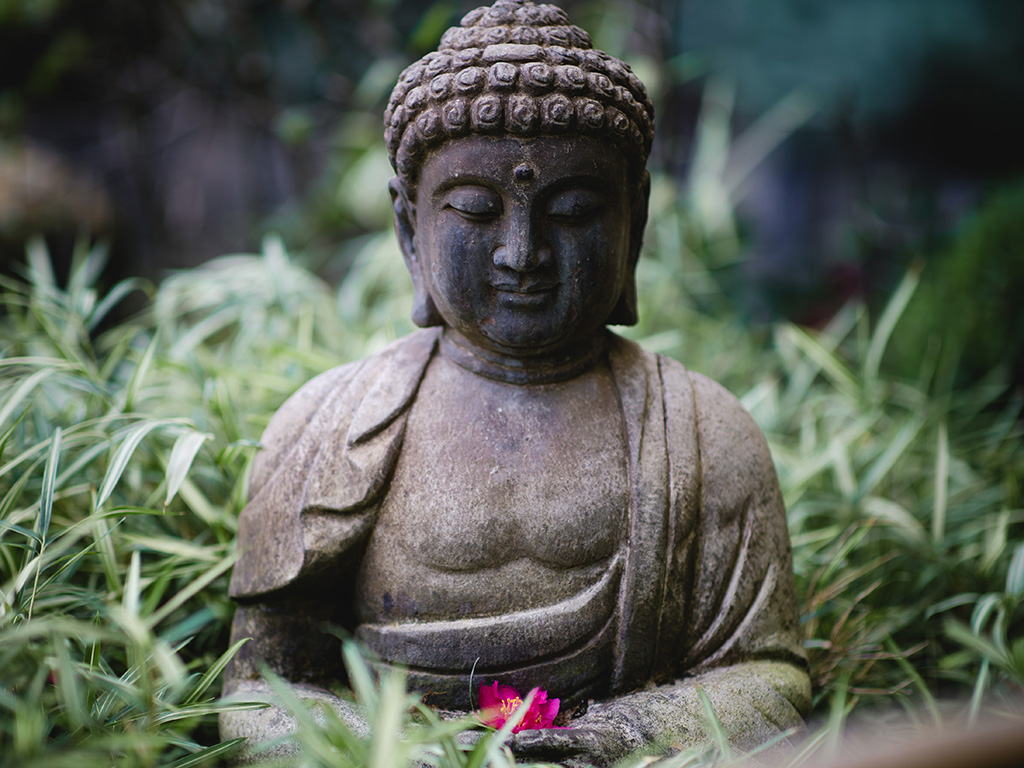Buddhist Wisdom as a Foundation for Education

About This Resource
Details
Buddhist Wisdom as a Foundation for Education
by Neil Amas
When religion is mentioned alongside education, a wide range of thoughts and opinions are conjured up. To the non-religious, spiritual education is often seen as detrimental to the work of schooling children, a pious and exclusive intrusion that demands blind obedience to moral rules and heedless worship. To middle class parents in developing countries, religious schools – Christian ones especially – are often seen as a hallmark of academic quality; a Western-style education that promises top grades in exchange for a commitment to God. In rural areas of South East Asia, learning to read and write at the village temple was, until recently, the only place poor children could get an education, so religious schooling was as much about social welfare as indoctrination.
Why Buddhism Stands Apart
While it might be argued that the major world religions have many core teachings in common, such as those relating to ethics, harmonious living and ‘how to be good,’ what differentiates Buddhism from the other main major belief systems is exactly that categorisation: belief system. Buddhism is not something to believe in, it is something to do. There is no deity or higher power to worship. Rather, the encouragement is to find out from personal investigation and experience if the teachings make sense. As such, Buddhism, in its practical, applied form, is, in and of itself, an education system. Buddhist education is not a religious education in the commonly understood sense of the word, but a very practical training of the mind and body and one which comprehensively covers all four dimensions of human experience: physical, social, emotional, and intellectual. Those dimensions fall into two spheres: our interactions with the material, or ‘outer’, world – our bodies, society, the environment – and our relationship with the non-material, inner world – our mental processes and how we manage moods, understand ourselves and think through problems.
His Holiness the Dalai Lama has said, “Modern education with its focus on material goals and a disregard for inner values is incomplete. There is a need to know about the workings of our minds and emotions. If we start today and make an effort to educate those who are young now in inner values, they will see a different, peaceful, more compassionate world in the future.”
A Holistic Approach
An education that uses Buddhist principles as its framework in no way relegates the importance of studying core subjects such as Mathematics, Languages, Science, the Arts and the Humanities; in fact, it can be convincingly argued that applying such principles enhances our ability to excel in those areas. Buddhism’s vital ‘added value’ to the formal education system is its focus on the development of the mind and emotions. This is what makes it very much a holistic education. A perhaps overused term, ‘holistic’ in this sense means an integrated system of learning whose components are both complementary and equally valued, or emphasised. The workings of the mind have long been overlooked by mainstream education, particularly in the West. Much of the contemporary educational literature on emotional intelligence and mental resilience demonstrates, however, that it is exactly this focus on mental discipline, moral values and spiritual development which leads to the kind of ‘complete intelligence’ that, many would argue, is lacking from modern education.
Buddhism is not something to believe in, it is something to do. There is no deity or higher power to worship. Rather, the encouragement is to find out from personal investigation and experience if the teachings make sense. As such, Buddhism, in its practical, applied form, is, in and of itself, an education system.
Flourishing in the Modern World
Buddhist education expert and Thai Forest monk, Venerable Ajahn Jayasaro, further points out that such an approach is also in tune with the needs of the modern workplace. Modern employers are increasingly looking beyond traditional academic skills for creative young minds who can adapt to fast-changing industries.
“In order to flourish in the world, it’s not a matter of merely accumulating a body of knowledge, so much as cultivating a strong but supple mind and the ability to develop life skills such as skilful communication, the ability to work in a team, patience, resilience (the ability to bounce back after disappointments), the ability to manage one’s moods, and to protect the mind from pride, arrogance, greed, hatred, depression, anxiety, and panic. These abilities are being increasingly recognized as being more useful and necessary in the long run to a successful working life rather than having a particular degree under your belt. It’s becoming clear to what extent a lack of emotional maturity and self-knowledge amongst people in positions of authority undermines the advantages that they should derive from a cultivated intellect.”
According to Buddhist teachings, this blend of emotional maturity and self-knowledge is developed by walking the Noble Eightfold Path, an integrated training of speech, body and mind that leads to the goals of dharma practice: compassion and wisdom. Buddhist education is, in essence, an expression of the Noble Eightfold Path but adapted for school and other learning institutions. In its original form, it was a training for monks and committed practitioners; reconfigured for schools, it delivers a complete education of the intellect, the emotions, and our relationship to our bodies, to the environment and to society. It would be hard to find a greater gift to offer our children.
